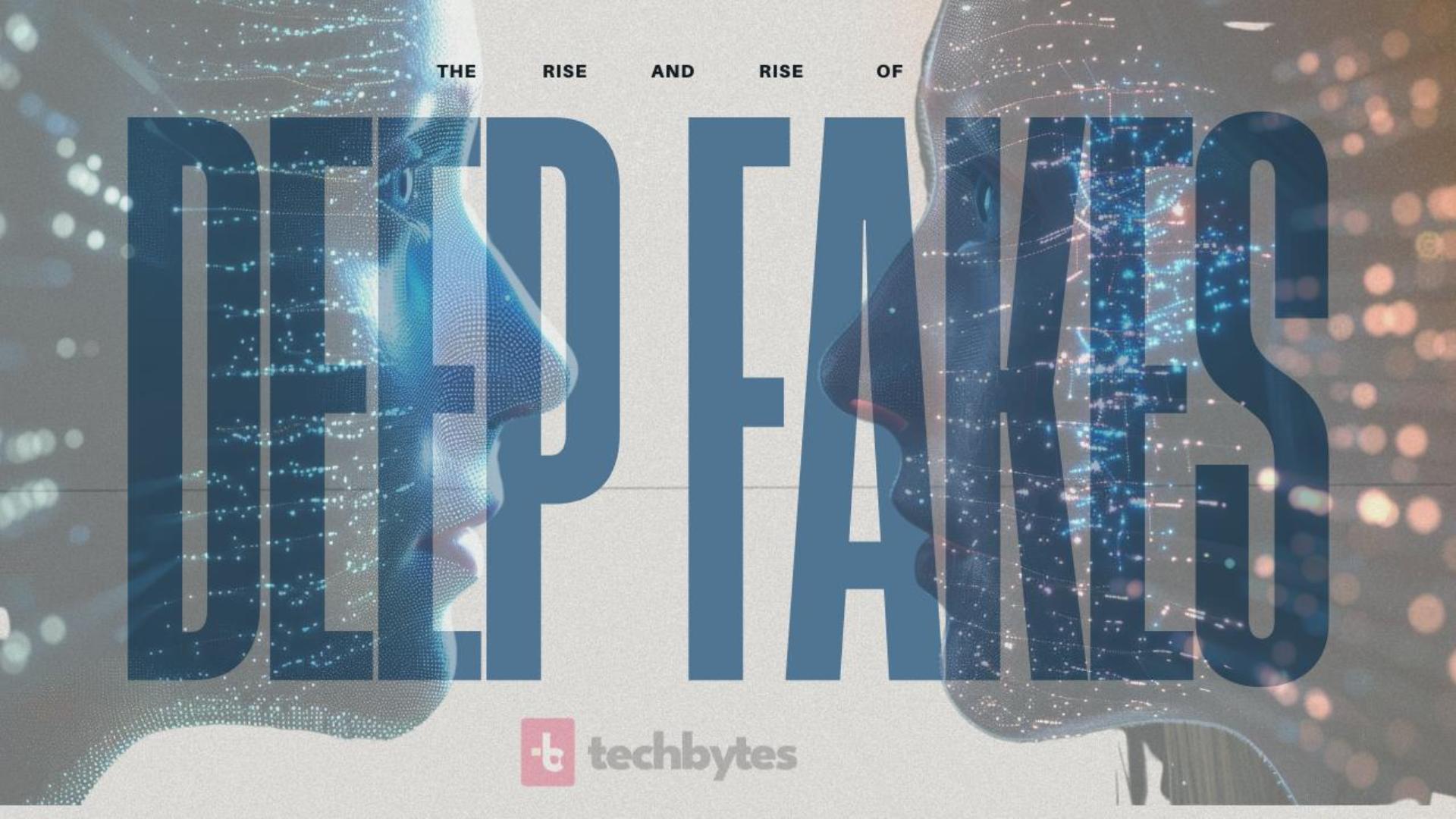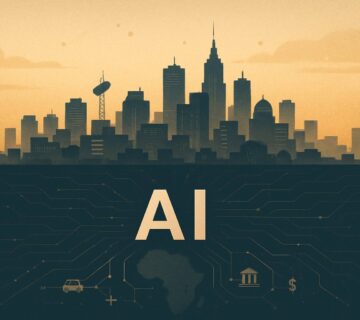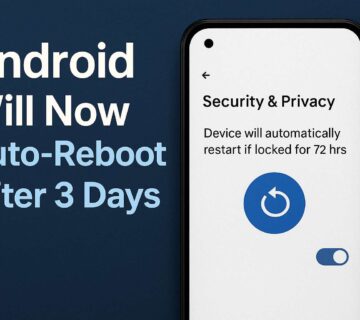Imagine waking up to see yourself in a video, delivering a speech you don’t remember giving, wearing a suit you don’t own, and using words that are clearly not yours. Congratulations, you’ve been “deepfaked.” This is the world we’re quickly sliding into—where you can’t always believe what you see, and that’s a bit terrifying.
Deepfakes are like the special effects of the digital age, except now, they’re starring you, your favorite world leader, or a celebrity saying something outrageously scandalous. These AI-generated videos have taken the internet by storm, and while some are funny, others are downright dangerous. So, how did we get here? Let’s dive into the strange and fascinating rise of deepfakes and, more importantly, what it means for Africa—a region where misinformation is already a serious problem and the cybersecurity scene is a little, shall we say, understaffed.
What Exactly Are Deepfakes?
First, let’s break it down: deepfakes are like Photoshop but on steroids. Instead of altering a single image, AI learns from tons of data (think endless hours of footage of you from your social media accounts) and then recreates a moving, talking, disturbingly real version of you. The scariest part? These replicas can be made to say or do things you never actually did. Fun at parties? Maybe. Fun when it’s used for disinformation? Not so much.
Exhibit A: A few years back, a video of former U.S. President Barack Obama surfaced. Except, it wasn’t him at all. It was a deepfake. His lips moved, his voice sounded right, but he was giving a speech that Obama himself never delivered. Another case involved Facebook’s Mark Zuckerberg seemingly boasting about his control over “billions of people’s stolen data.” Again, never happened—well, not the video part, at least. The point is, deepfakes are here, and they are creeping into our social feeds in ways that make fact and fiction hard to distinguish.
Enter Africa: A Digital Battlefield in the Making
Now, you might be thinking: “Alright, deepfakes are scary, but that’s probably a problem for the West, right?” Wrong. In fact, the impact of deepfakes in Africa could be much more severe—and here’s why. The continent is already wrestling with misinformation and digital fraud. Add the layer of hyper-realistic, AI-driven fakery, and you have a recipe for chaos.
Picture this: It’s election season, and a deepfake video pops up showing a prominent African leader making inflammatory statements. With a single click, the video spreads like wildfire across WhatsApp groups (Africa’s social media of choice), sparking outrage, confusion, and possibly even violence. Who’s going to step in and say, “Wait, this is fake”? Unfortunately, Africa isn’t overflowing with deepfake detection experts or cybersecurity pros. In fact, there’s a noticeable shortage.
Take the 2019 Nigerian elections, for example. Misinformation was already a huge issue, but imagine if deepfakes were thrown into the mix. If people can barely trust the real news, how will they handle a world where fake news looks this real?
Famous Deepfake Cases: More Than Just Fun and Games
Deepfakes have already fooled millions, and even the stars aren’t safe. Hollywood is practically in a deepfake frenzy. In Star Wars: The Rise of Skywalker, they brought back Carrie Fisher’s likeness long after her passing. Cool, right? Well, sure, when it’s used for cinematic magic. But what happens when deepfakes turn from movie tricks to tools of mass deception?
There was also the jaw-dropping case of Tom Cruise deepfakes circulating on TikTok—not actually him, but a virtual clone that had everyone questioning if the “Mission Impossible” star had suddenly become a TikTok influencer. Deepfakes have even caused brief scares in finance, where a deepfaked CEO’s voice tricked a company into transferring a hefty sum of money to a scammer’s account.
What Does This Mean for Africa?
Here’s where it gets a bit uncomfortable. Africa’s digital space is growing rapidly, but with that comes vulnerability. Cybersecurity? Well, it’s like trying to stop a flood with a bucket right now. Africa is facing a significant shortage of cybersecurity experts, and deepfake detection tools are either too expensive or nonexistent in many parts of the continent.
Imagine scammers using deepfake videos of family members asking for money, or worse, creating fake identities for fraudulent schemes. On a political level, deepfakes could become weapons of mass confusion. And in countries where tensions are already high, the consequences could be devastating. Political deepfakes, fraudulent schemes, or even just digitally recreated chaos—Africa might be ground zero for the most dangerous use of this technology unless steps are taken to strengthen digital defenses.
So, What Can Be Done?
The battle against deepfakes will require more than just tech. It will take education, collaboration, and investment. Governments, tech companies, and civil society organizations must come together to boost cybersecurity infrastructure, raise awareness, and build AI tools that can detect deepfakes before they wreak havoc.
More importantly, it’s time to equip citizens with the skills to spot a deepfake. In a world where seeing isn’t necessarily believing, digital literacy may just be the new survival skill.
But until then, we’re left with the uncomfortable reality that anyone—from celebrities to politicians and everyday people—can be deepfaked. And in Africa, where digital safeguards are still catching up, the risks are sky-high.
For a closer look at how deepfakes are rising and what that could mean for all of us, check out our video below:





